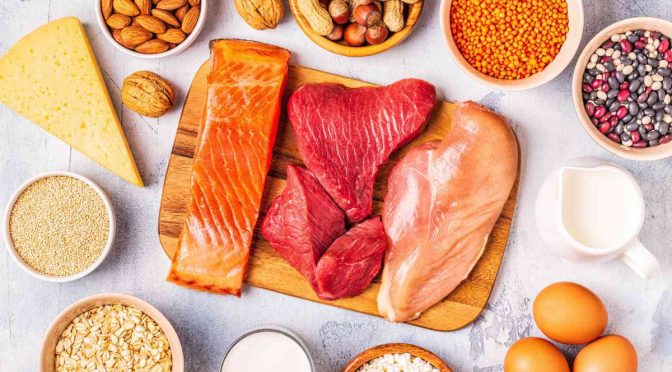Protein is a crucial macronutrient for building muscles and supporting numerous bodily functions.While the body produces some amino acids,others must come from dietary sources.Depending on factors like health,age,and activity level,protein needs can vary from 0.8 grams/kg to 2 grams/kg.Fortunately,a variety of delicious,high-protein foods can help meet these needs.
Lentils
Lentils are a fantastic source of protein and fiber.A 100-gram serving provides about 9 grams of protein,and a full cup offers 17.9 grams.Besides being protein-rich,lentils are packed with iron,copper,manganese,phosphorus,and folate.These nutrients support red blood cell production,improve blood flow,and may reduce the risk of heart disease.Folate is also crucial for preventing neural tube defects during pregnancy.
Cheese
Cheese is an excellent protein source,with harder cheeses generally containing more protein.Parmesan leads with about 10 grams of protein per ounce,while Swiss,cheddar,and mozzarella offer 7-8 grams.Cheese is also rich in calcium,iron,phosphorus,riboflavin,and vitamin B12.The protein casein in cheese digests slowly,providing a steady supply of amino acids for muscle maintenance.
Bison
Bison is a lean alternative to other red meats,with a four-ounce patty containing around 17 grams of protein and just 6 grams of fat.It is also an excellent source of vitamin B12,which is essential for red blood cell formation.This makes bison a nutritious option for those seeking a lower-fat meat choice.
Peas
Peas are gaining popularity for their protein content,particularly among athletes.Black-eyed peas,for instance,offer about 11 grams of protein per cup.They are also rich in essential vitamins and minerals such as thiamine,folate,niacin,phosphorus,and zinc,which support cell growth and overall health.
Chicken
Chicken breast is a protein powerhouse,providing about 20 grams of protein per 100 grams,similar to turkey breast.It is a complete protein source,containing all essential amino acids,including tryptophan,which aids in regulating sleep by converting serotonin into melatonin.
Peanut Butter
A two-tablespoon serving of peanut butter delivers around 7 grams of protein.Opting for natural varieties helps avoid excess saturated fats while providing beneficial unsaturated fats.Peanut butter also offers fiber,vitamin E,magnesium,potassium,and zinc.Magnesium,in particular,is crucial for over 600 biochemical reactions in the body.
Soybeans
Soybeans are a top plant-based protein source,with one cup of boiled soybeans providing more than 20 grams of protein.Soybeans contain glycinin and conglycinin,though raw soybeans have higher protein content than cooked ones.Soy-based products like tofu and soy milk can also provide these valuable nutrients.
Oysters
Seafood,including oysters,is high in protein.Cooked Pacific oysters offer about 19 grams of protein per 100 grams.They are also a good source of zinc,vitamin D,potassium,iron,and niacin,making them a nutritious addition to any diet.
Chia Seeds
Chia seeds are a protein-rich superfood,with 16.5 grams of protein per 100 grams.They are also high in fiber,omega-3 fatty acids,and various vitamins and minerals.This combination helps prevent dyslipidemia and insulin resistance and increases satiety,which can aid in weight management.
Milk
Milk is another excellent source of protein,primarily in the form of casein,the same protein found in cheese.It is ideal for muscle building and overall health.In addition to protein,milk provides calcium and probiotic bacteria,which support bone health and gut function.Many Americans do not consume enough calcium,which can lead to bone density loss and other issues.
Incorporating these high-protein foods into your diet can help you meet your protein needs effectively while also providing additional health benefits.
